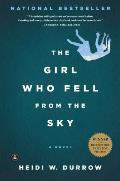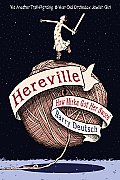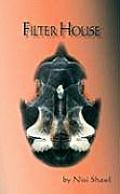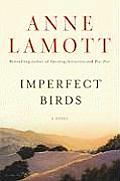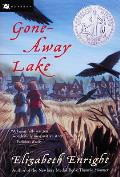Some 30 years ago, I picked up an unassuming paperback copy of Patricia McKillip’s “The Riddle-Master of Hed” at a library book sale. When I finished it, I held the closed book in my hands, paused, then turned to the first page to begin again. I’ve been a fan of that series, and of standalone “The Forgotten Beasts of Eld” ever since.
Sadly, “Something Rich and Strange” doesn’t live up to that high standard. Most of McKillip’s books are dreamy and impressionistic. This one is too, but the dreaminess is forced to serve a moralistic message about environmental pollution. Even though I agree with the need for awareness and action, it was unsatisfying to see characters manipulated into acknowledging it.
The book was written as a response to macabre woodland faerie illustrations by Brian Froud. Since this book is set beside and in the Pacific Ocean, the illustrations interrupt rather than support the narrative. The cover is pretty, though.
The book is out of print in the hardback illustrated edition.

